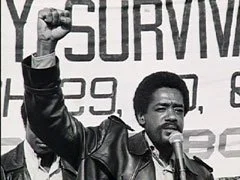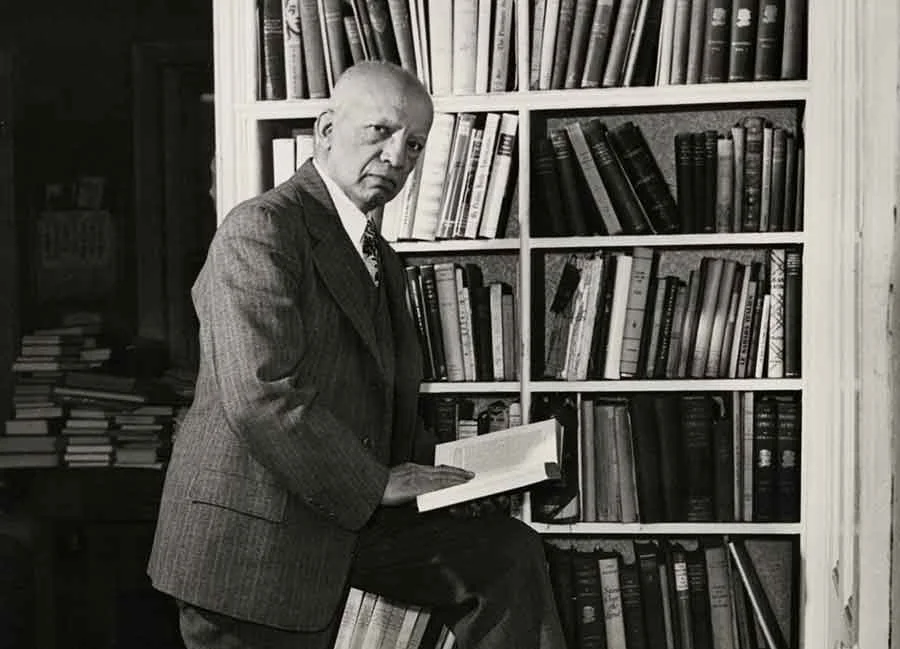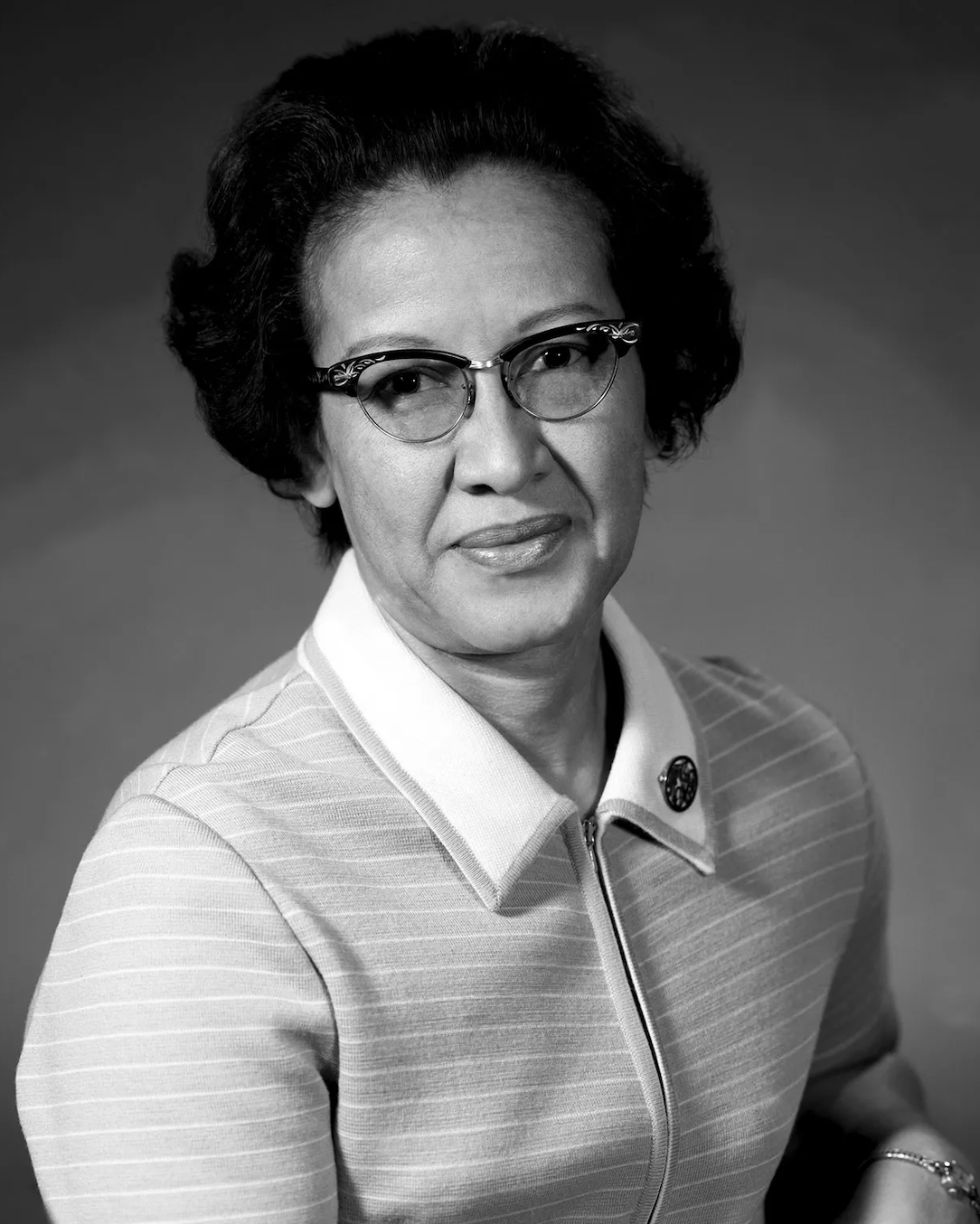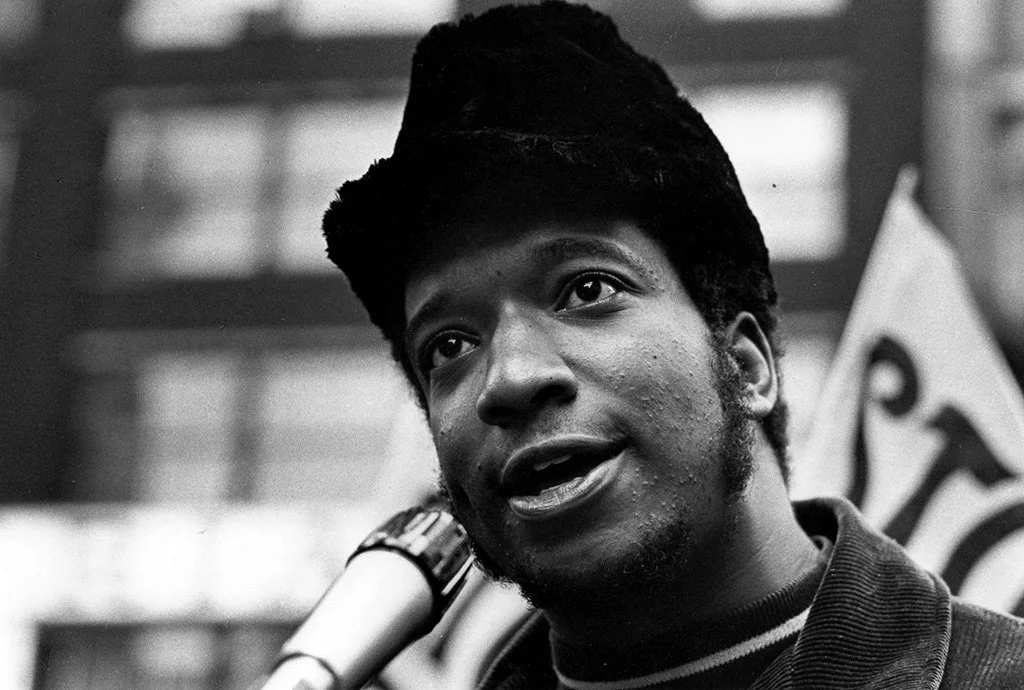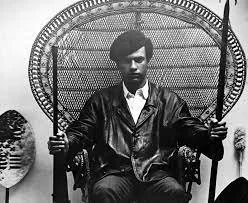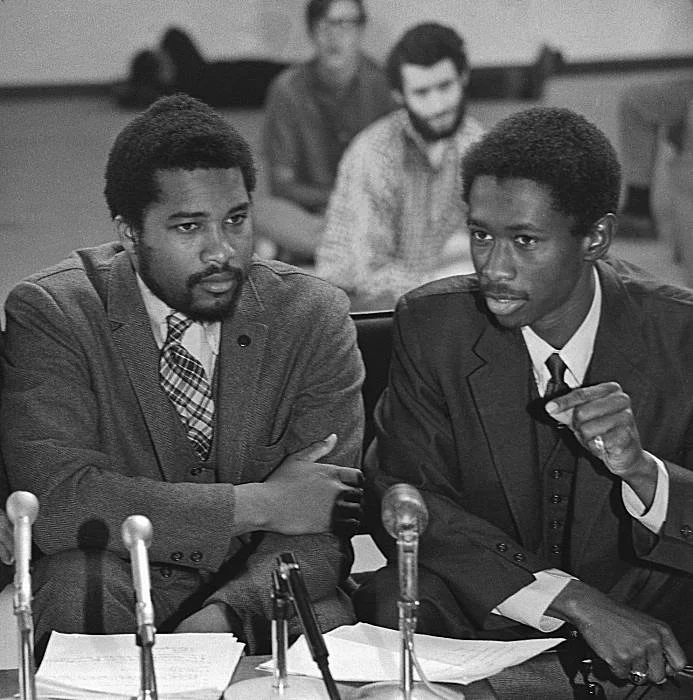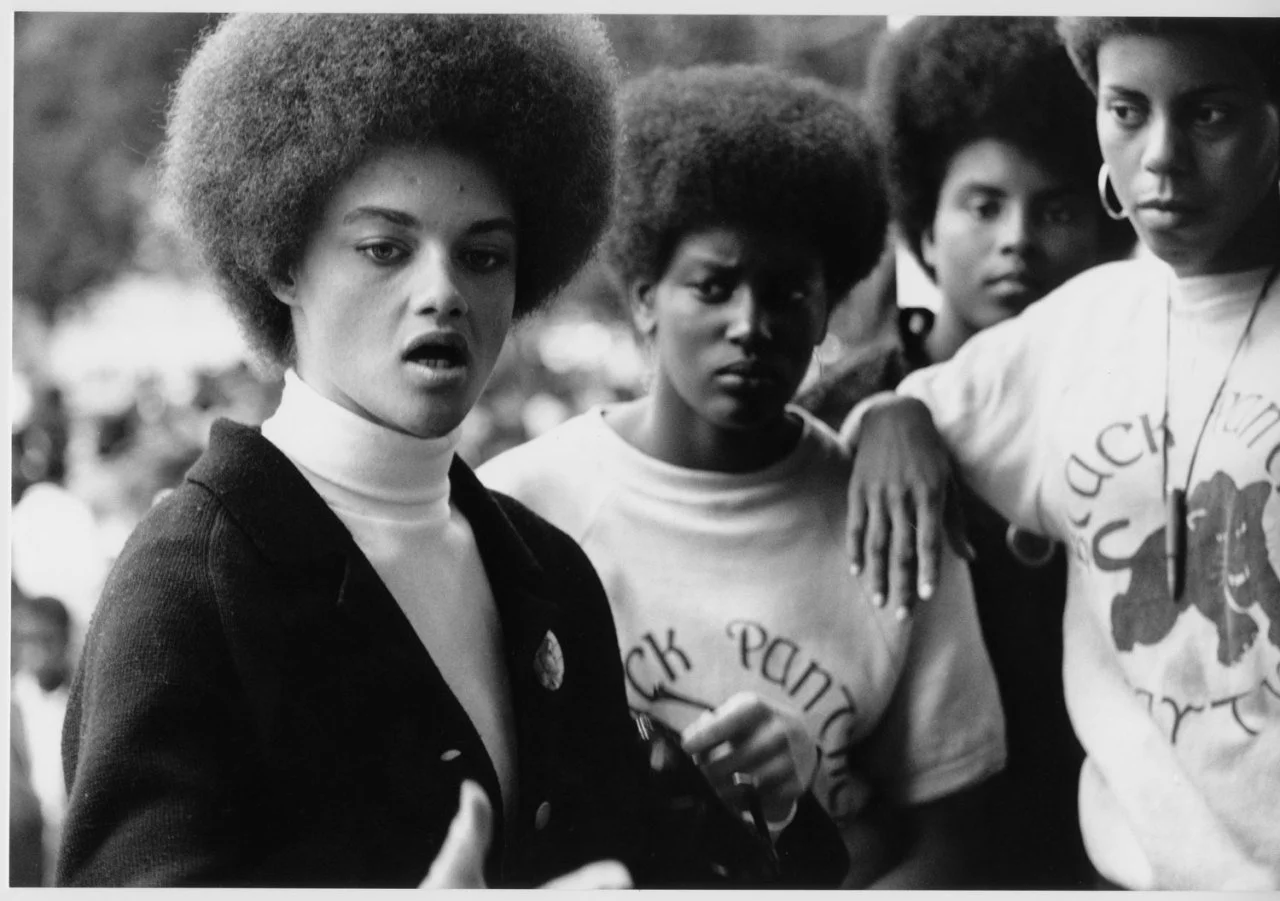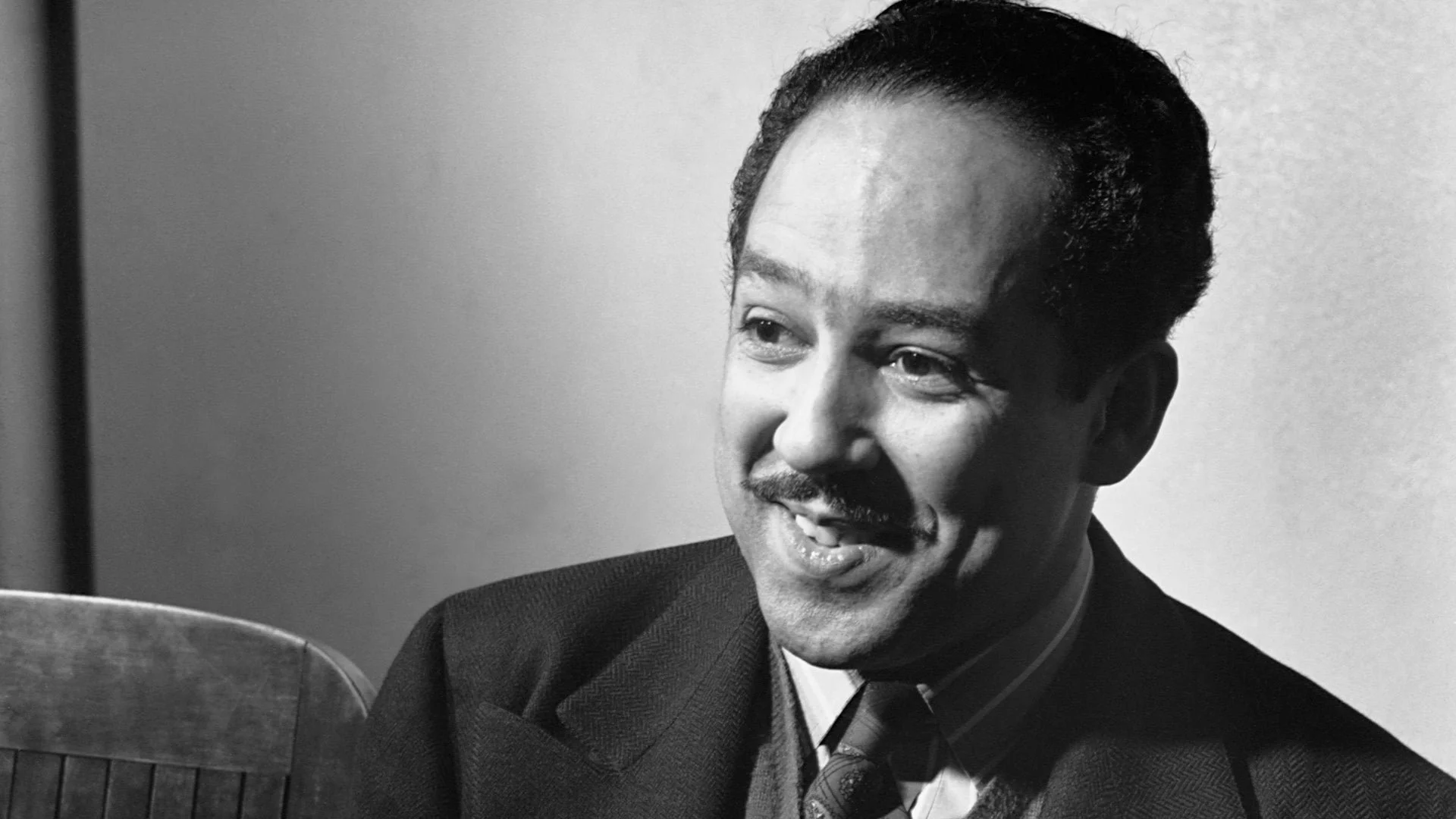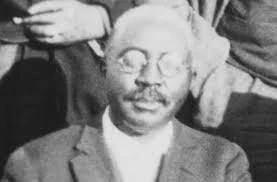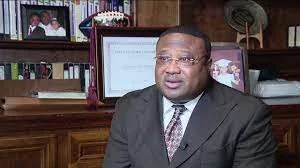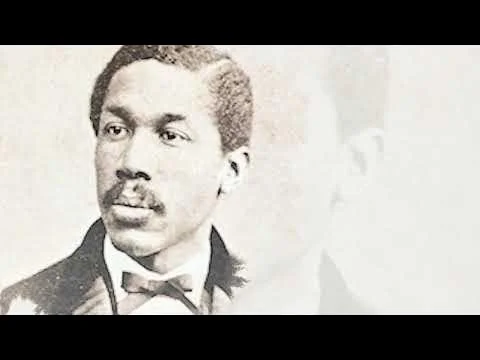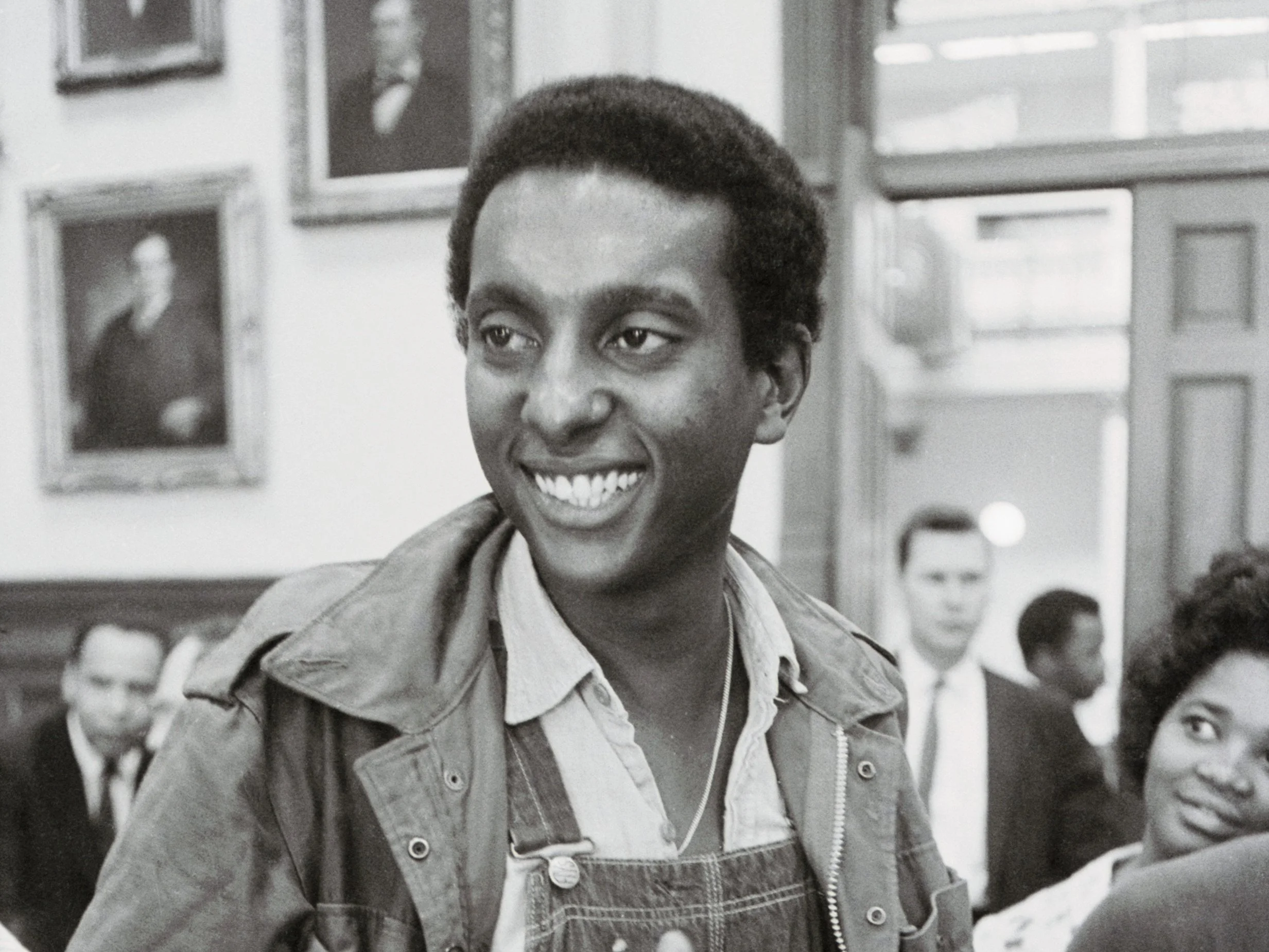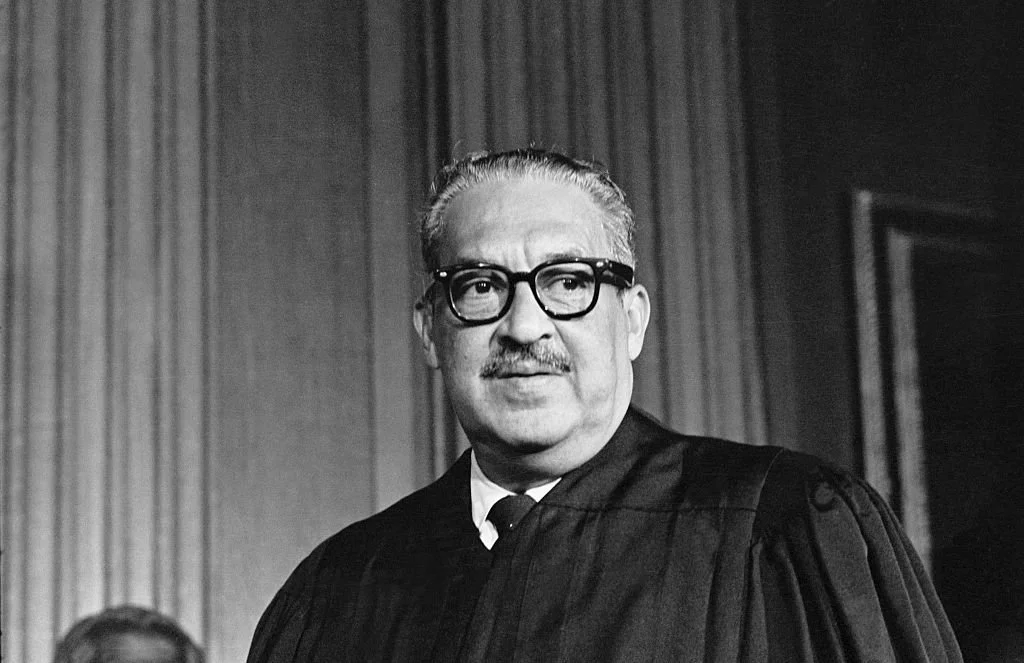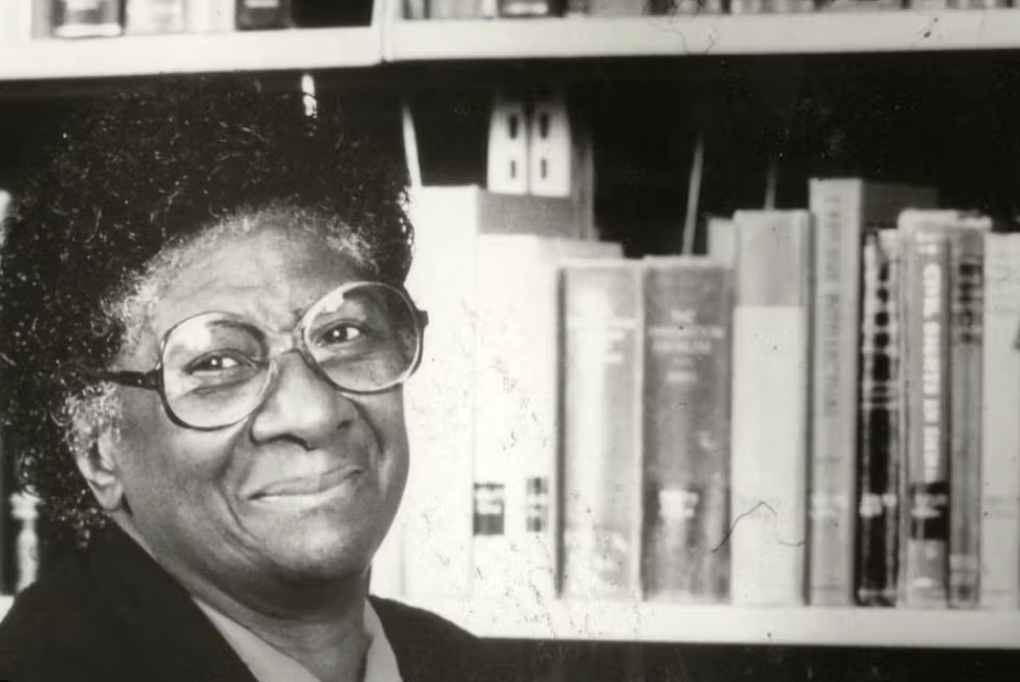The Afrobet
A - Angela Davis:
Angela Davis is a prominent political activist, scholar, and author who has been at the forefront of various social justice movements for decades. Born on January 26, 1944, in Birmingham, Alabama, Davis grew up in a racially segregated society that deeply influenced her views on race, gender, and class. She attended Brandeis University, where she studied philosophy, and later pursued graduate studies at the University of California, San Diego, and the Humboldt University of Berlin.
B - Bobby Seale:
Bobby Seale is best known as one of the co-founders of the Black Panther Party, a revolutionary socialist organization that advocated for the empowerment of Black communities in the United States. Born on October 22, 1936, in Dallas, Texas, Seale grew up in poverty and experienced racial discrimination firsthand. He joined the U.S. Air Force in 1955 and later attended Merritt College in Oakland, California, where he became involved in political activism.
C - Carter G. Woodson:
Carter G. Woodson, known as the "Father of Black History," was a pioneering historian, author, and educator who played a crucial role in promoting the study and recognition of African American history and culture. Born on December 19, 1875, in New Canton, Virginia, Woodson grew up in a family of formerly enslaved people who placed a high value on education. Despite facing significant obstacles due to racism and poverty, Woodson excelled academically and went on to earn degrees from Berea College, the University of Chicago, and Harvard University.
D - Dorothy Vaughan
Dorothy Vaughan (1910-2008) was an American mathematician and computer programmer who made significant contributions to the early years of the United States space program. Born in Kansas City, Missouri, Vaughan displayed an early aptitude for mathematics and graduated with a bachelor's degree in mathematics from Wilberforce University.
In 1943, she joined the National Advisory Committee for Aeronautics (NACA), which later became NASA. Vaughan worked at the Langley Research Center in Virginia, where she became a pioneering figure in the use of electronic computers. She led a group of African-American women mathematicians, known as the West Area Computers, who played a crucial role in performing complex calculations for aerospace research.
As the space program transitioned from human "computers" to electronic computers, Vaughan recognized the importance of adapting her skills. She learned programming languages like FORTRAN and became an expert in computer programming, making her one of the first African-American supervisors at NACA/NASA.
E - Ella Baker:
Ella Josephine Baker (1903-1986) was a prominent African American civil rights activist whose life and work left an enduring impact on the American civil rights movement. Born on December 13, 1903, in Norfolk, Virginia, Baker's upbringing in rural North Carolina, where her family was deeply involved in community and church activities, instilled in her a sense of justice and activism. Attending Shaw University in Raleigh, North Carolina, she became involved in student activism and later moved to New York City in the 1930s, where she engaged with organizations such as the Young Negroes' Cooperative League and the NAACP.
Baker played a pivotal role in the Southern Christian Leadership Conference (SCLC), working closely with Dr. Martin Luther King Jr. She organized the Crusade for Citizenship, a voter registration campaign in the 1950s. A champion of grassroots organizing, Baker was instrumental in the formation of the Student Nonviolent Coordinating Committee (SNCC) in 1960, encouraging young activists to take the lead. Her philosophy centered on empowering local communities and collective action, emphasizing participatory democracy over charismatic leadership.
After parting ways with the SCLC, Baker continued her activism, addressing issues such as economic justice, peace, and women's rights. Her commitment to empowering individuals and communities to effect social change defined her legacy. Ella Baker passed away on December 13, 1986, leaving behind a lasting impact on the struggle for equality and justice in the United States.
Rather than the hierarchical structure of other prominent Civil Rights organizations (such as the Black Panther Party and SCLC), Ella Baker believed in the importance of collectivism. While serving as Executive Secretary for SCLC, Baker raised $800 to organize a Black leadership conference so local students could meet one another and begin to organize. Despite pressure from MLK to join SCLC, Baker encouraged the students to create their own organization (SNCC) so that the students could carve their own path without the interference of the older generations. SNCC then grew their impact nationally by organizing the Freedom Rides, sit-ins, and voter registration efforts across the country; then internationally by protesting companies who supported the Apartheid, condoning the Vietnam War, and speaking about Black struggles at the United Nations.
F - Fred Hampton:
Fred Hampton was a charismatic and influential leader in the Black Panther Party who dedicated his life to fighting for social justice and empowering marginalized communities. Born on August 30, 1948, in Chicago, Illinois, Hampton grew up in a working-class family and witnessed firsthand the effects of poverty and racism on his community. He became involved in activism at a young age, joining the NAACP Youth Council and organizing protests against police brutality and housing discrimination.
G - George Washington Carver:
George Washington Carver was a renowned scientist, educator, and inventor who made significant contributions to agriculture and rural development in the southern United States. Born into slavery in Diamond, Missouri, around 1864, Carver overcame numerous obstacles to become one of the most prominent African American intellectuals of his time.
Carver's thirst for knowledge led him to pursue higher education, eventually earning a master's degree in agricultural science from Iowa State College (now Iowa State University) in 1896. He went on to join the faculty at Tuskegee Institute (now Tuskegee University) in Alabama, where he conducted groundbreaking research in the field of agriculture.
H - Huey P. Newton:
Huey P. Newton was a revolutionary activist and co-founder of the Black Panther Party, a militant organization that sought to combat police brutality and empower Black communities through social programs and political action. Born on February 17, 1942, in Monroe, Louisiana, Newton grew up in poverty and experienced racial discrimination from a young age.
Newton attended Merritt College in Oakland, California, where he met Bobby Seale and co-founded the Black Panther Party for Self-Defense in 1966. The party's Ten-Point Program outlined its goals, which included an end to police brutality, full employment, and decent housing for Black people. Under Newton's leadership, the Black Panthers gained national attention for their confrontational tactics and revolutionary rhetoric.
I - Ida B. Wells:
Ida B. Wells was a pioneering journalist, educator, and civil rights activist who dedicated her life to fighting against racial injustice and lynching in the United States. Born into slavery on July 16, 1862, in Holly Springs, Mississippi, Wells grew up during the Reconstruction era and witnessed the continued oppression and violence faced by Black Americans in the South.
Wells began her career as a teacher but soon turned to journalism as a means of exposing the brutal realities of lynching in the South. In 1892, she published a groundbreaking investigation titled "Southern Horrors: Lynch Law in All Its Phases," which documented the widespread practice of lynching and challenged the prevailing narratives used to justify it.
J - Jimmy Garrett and Jerry Varnado:
Jimmy Garrett and Jerry Varnado were student activists and leaders of the Third World Liberation Front (TWLF), a coalition of Black, Latino, Asian American, and Native American student organizations that led a series of protests and strikes at San Francisco State College (now San Francisco State University) and the University of California, Berkeley, in the late 1960s and early 1970s.
Garrett and Varnado were instrumental in organizing the student movement for ethnic studies and greater representation of people of color in higher education. They helped to draft the TWLF's demands, which included the establishment of ethnic studies departments, the hiring of more faculty of color, and the admission of a more diverse student body
K - Kathleen Cleaver:
Kathleen Cleaver is a prominent civil rights activist, lawyer, and professor who played a pivotal role in the Black Panther Party and the broader struggle for racial justice in the United States. Born on May 13, 1945, in Dallas, Texas, Cleaver grew up in a politically active family and became involved in activism at a young age. She attended Oberlin College, where she was active in the civil rights movement and joined the Student Nonviolent Coordinating Committee (SNCC).
L - Langston Hughes:
Langston Hughes was a groundbreaking poet, playwright, and activist who played a key role in the Harlem Renaissance, a flourishing of African American culture and arts in the 1920s and 1930s. Born on February 1, 1902, in Joplin, Missouri, Hughes grew up in poverty and faced discrimination due to his race. He discovered his love for writing at an early age and began publishing poetry in high school.
Hughes attended Columbia University but left before completing his degree due to racial prejudice. He traveled extensively throughout the United States and abroad, working odd jobs and immersing himself in the vibrant cultures of the places he visited. His experiences as a Black man in America and his encounters with poverty, racism, and inequality deeply influenced his poetry and prose.
M - Marsha P Johnson:
Marsha P. Johnson (1945-1992) was an influential figure in the LGBTQ+ rights movement, particularly known for her activism and advocacy for transgender and non-binary individuals. Born Malcolm Michaels Jr. on August 24, 1945, in Elizabeth, New Jersey, Marsha later adopted the name Marsha P. Johnson.
Johnson played a pivotal role in the early LGBTQ+ rights movement in the United States. She is often credited as one of the key figures in the Stonewall Uprising of 1969, a series of spontaneous, violent demonstrations by members of the LGBTQ+ community in response to a police raid at the Stonewall Inn in New York City. The events at Stonewall are widely considered a catalyst for the modern LGBTQ+ rights movement.
Following Stonewall, Johnson co-founded the Gay Liberation Front and the Street Transvestite Action Revolutionaries (STAR) with Sylvia Rivera, another transgender activist. STAR aimed to provide support and advocacy for homeless transgender and LGBTQ+ youth. Johnson and Rivera were instrumental in bringing attention to the intersectionality of issues faced by transgender people of color within the broader LGBTQ+ movement.
Marsha P. Johnson was also known for her vibrant personality and artistic pursuits. She was a prominent figure in the New York City art scene and participated in various performance art and theater projects. Unfortunately, Johnson's life was cut short under mysterious circumstances, and her body was found in the Hudson River in 1992. Her death was initially ruled a suicide, but many advocates and activists have since called for a thorough reinvestigation, believing she may have been a victim of foul play.
Marsha P. Johnson's legacy continues to inspire and fuel activism for LGBTQ+ rights and the rights of transgender individuals. Her contributions are remembered annually during LGBTQ+ Pride Month, and her impact on the ongoing struggle for equality and acceptance is widely recognized and celebrated.
N - Nina Simone:
Nina Simone was a legendary singer, songwriter, and civil rights activist whose powerful voice and impassioned lyrics made her a prominent figure in the struggle for racial equality. Born Eunice Kathleen Waymon on February 21, 1933, in Tryon, North Carolina, Simone showed prodigious talent as a pianist from a young age and dreamed of becoming a classical musician. She studied at the Juilliard School in New York City but was denied admission to the prestigious Curtis Institute of Music in Philadelphia due to her race.
O - O.W. Gurley:
O.W. Gurley was a pioneering entrepreneur and community leader who played a key role in the development of Greenwood, a prosperous African American neighborhood in Tulsa, Oklahoma, also known as "Black Wall Street." Born in Huntsville, Alabama, Gurley moved to Tulsa in the early 20th century and saw an opportunity to create a thriving community for Black residents in a segregated society.
Gurley purchased land in the predominantly Black district of Greenwood and began selling lots to African American families and businesses at affordable prices. He also built rental properties and commercial buildings, including the Gurley Hotel, which became a focal point of social and economic life in the neighborhood.
P - Patrisse Cullors:
Patrisse Cullors is a Co-founder of the Black Lives Matter movement, an international human rights movement advocating against violence and systemic racism towards Black people. Born on June 20, 1983, in Los Angeles, California, Cullors experienced the impacts of racial inequality and police brutality from a young age. These experiences fueled her passion for social justice and led her to become an activist and organizer.
In 2013, Cullors co-founded the Black Lives Matter movement along with Alicia Garza and Opal Tometi, in response to the acquittal of George Zimmerman in the shooting death of Trayvon Martin. The movement gained widespread attention following the killing of Michael Brown in Ferguson, Missouri, and has since become a global phenomenon, sparking protests and conversations about racial justice around the world.
Q - Quanell X:
Quanell X, born Quanell Evans, is a prominent civil rights activist and community organizer known for his advocacy on behalf of African American and minority communities in the United States. Born in Los Angeles, California, Quanell X later moved to Houston, Texas, where he became involved in activism at a young age.
Quanell X rose to prominence in the early 2000s as the leader of the New Black Panther Party's Houston chapter. He gained attention for his outspoken criticism of police brutality and racial inequality, organizing protests and demonstrations in response to incidents of police violence against Black individuals.
R - Richard Humphrey:
Richard Humphrey was a civil rights activist and educator who played a significant role in the desegregation of schools in the United States. Born on October 4, 1924, in Memphis, Tennessee, Humphrey grew up in a segregated society and experienced firsthand the inequalities and injustices faced by African Americans.
After serving in the U.S. Army during World War II, Humphrey attended college on the GI Bill and became involved in activism through his work with the Congress of Racial Equality (CORE) and the NAACP. He fought tirelessly for equal rights and opportunities for Black students, advocating for the integration of schools and the expansion of educational opportunities.
S - Stokely Carmichael:
Stokely Carmichael, later known as Kwame Ture, was a prominent civil rights leader and Black Power advocate who played a key role in the Student Nonviolent Coordinating Committee (SNCC) and the Black Panther Party. Born on June 29, 1941, in Port of Spain, Trinidad and Tobago, Carmichael moved to the United States as a child and grew up in New York City.
Carmichael became involved in activism while studying at Howard University, where he joined the Student Nonviolent Coordinating Committee (SNCC) and participated in Freedom Rides and voter registration campaigns in the South. He quickly rose through the ranks of the organization, becoming chairman in 1966.
Under Carmichael's leadership, SNCC adopted a more militant stance, advocating for Black Power and self-determination in the face of ongoing racism and violence. He popularized the phrase "Black Power" and called for African Americans to assert their political and economic independence from white-dominated institutions.
T - Thurgood Marshall:
Thurgood Marshall was a pioneering civil rights lawyer, jurist, and the first African American Supreme Court Justice. Born on July 2, 1908, in Baltimore, Maryland, Marshall grew up in a segregated society and experienced racial discrimination firsthand. Despite facing numerous obstacles, he excelled academically and attended Howard University Law School, where he was mentored by civil rights leader Charles Hamilton Houston.
Marshall's legal career was defined by his tireless advocacy for racial equality and justice. He famously argued several landmark cases before the Supreme Court, including Brown v. Board of Education (1954), which declared segregation in public schools unconstitutional, and Smith v. Allwright (1944), which struck down the "white primary" system that disenfranchised Black voters in the South.
U - Unita Zelma Blackwell:
Unita Zelma Blackwell, also known as "Queen Mother," was a civil rights activist, politician, and community organizer who played a prominent role in the struggle for racial equality in the United States. Born on March 18, 1933, in Lula, Mississippi, Blackwell grew up in poverty and experienced racism and discrimination from a young age.
Blackwell became involved in activism in the 1960s, participating in voter registration drives and protests against segregation and inequality. She was a founding member of the Mississippi Freedom Democratic Party (MFDP), which challenged the all-white Democratic Party establishment and fought for the rights of Black voters.
V - Vivian Conley:
Vivian Conley was a civil rights activist and educator who dedicated her life to fighting for racial equality and social justice in the United States. Born on February 12, 1916, in Chicago, Illinois, Conley grew up in a segregated society and experienced racism and discrimination firsthand.
Conley became involved in activism in the 1940s, joining organizations such as the NAACP and the Congress of Racial Equality (CORE) and participating in protests and demonstrations against segregation and inequality. She was a vocal advocate for civil rights and worked tirelessly to mobilize communities and effect change.
W - W. E. B. Du Bois:
William Edward Burghardt Du Bois, commonly known as W. E. B. Du Bois, was a pioneering sociologist, historian, civil rights activist, and author who co-founded the National Association for the Advancement of Colored People (NAACP) in 1909. Born on February 23, 1868, in Great Barrington, Massachusetts, Du Bois grew up in a predominantly white community and experienced racism and discrimination from an early age.
Du Bois was a brilliant scholar and earned a doctorate from Harvard University, becoming the first African American to do so. He conducted groundbreaking research on the social and economic conditions of African Americans, challenging prevailing theories of racial inferiority and advocating for full civil and political rights for Black people.
Throughout his life, Du Bois was a tireless advocate for racial equality and social justice. He co-founded the NAACP and served as its director of research and editor of its magazine, The Crisis, where he published articles and essays that exposed and condemned racism and injustice in American society.
X - Xernona Clayton Brady:
Xernona Clayton Brady is a civil rights leader, broadcaster, and community organizer who has dedicated her life to promoting racial equality and social justice in the United States. Born on August 30, 1930, in Muskogee, Oklahoma, Clayton grew up in a segregated society and experienced racism and discrimination firsthand.
Clayton began her career as a journalist, working as a reporter and radio host in Atlanta, Georgia. She later became the first African American to host a television talk show in the South, using her platform to highlight the struggles and achievements of the Black community.
Y - Yolanda King:
Yolanda King was an activist, actress, and the eldest daughter of civil rights leaders Martin Luther King Jr. and Coretta Scott King. Born on November 17, 1955, in Montgomery, Alabama, Yolanda grew up in a family that was deeply committed to the fight for racial equality and social justice.
From a young age, Yolanda was immersed in the civil rights movement, accompanying her parents to rallies, marches, and demonstrations. She inherited her father's gift for public speaking and activism, becoming a powerful voice for social change in her own right.
Z - Zora Neale Hurston:
Zora Neale Hurston was a pioneering writer, anthropologist, and folklorist who played a key role in the Harlem Renaissance, a cultural and intellectual movement that celebrated the achievements of African American artists and writers in the 1920s and 1930s. Born on January 7, 1891, in Notasulga, Alabama, Hurston grew up in Eatonville, Florida, one of the first all-Black towns in the United States.
Hurston's literary career was defined by her unique voice, vivid storytelling, and celebration of African American culture and folklore. She wrote several novels, including "Their Eyes Were Watching God," which is widely regarded as her masterpiece and a classic of American literature. She also published numerous short stories, essays, and plays that explored themes of race, gender, and identity.

